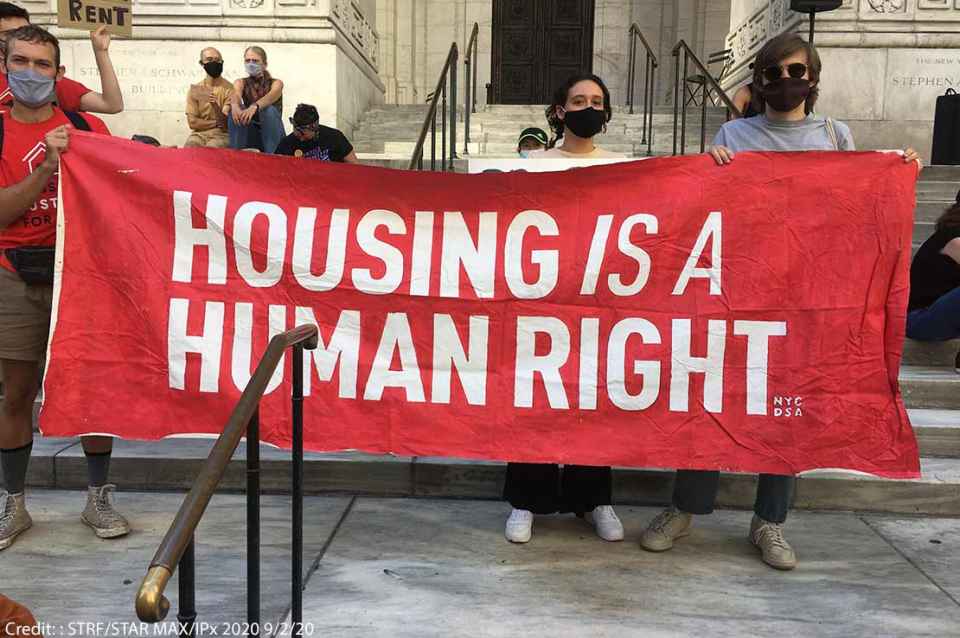Vidya Sethuraman
India Post News Service
In California, a family must report a household income of roughly $100,000 to make the median rent in the state. Millions of California renters are at risk of eviction as tenant protections soon expire, raising fears of a mass surge in homelessness during the deadliest phase of the pandemic so far. California’s Central Valley—the fastest growing region of the state with 7.2 million—has long been seen as a low-rent sanctuary amidst a crisis in affordable housing. In the Central Valley, not only do tenants pay more than half of their income in rent, but also face the highest eviction rates; and minority women with children have been disproportionately affected by home evictions.
Jessica Ramirez, a mother of six children, experienced an eviction and was forced to live on the streets. “For no reason, they gave me a warning to leave early in the pandemic. When you go to court to defend yourself so that you are not thrown out of your home, it does not matter how much evidence you bring. I ended up on the street, living in the car with a newborn child ”, said Ramirez in the EMS conference call on Dec 18.
Claude Bailey, an African-American senior living in the Central Valley city of Stockton, had to leave his apartment where he lived for more than 20 years, when he was told he no longer qualified for Section 8, the subsidy program to low-income housing. “I had to live in my car for over 5 months” and this has affected me physically and emotionally.
Professor Edward Orozco of the University of California at Merced said that the Central Valley of California despite the economic growth it has experienced, offers very low wages. As a result, few people own homes, and the homes are inhabited by multiple families. In Fresno, the largest urban center of the Central Valley, a family needs to earn nearly $20 per hour to afford the median rent in the area while the current state minimum wage is only $12 per hour. These gaps are not static over time but are growing as rent increases outpace wage increases; this pandemic has pushed many to the brim. The central valley provides our food, but people there cannot not only own their home, but they do not have the ability to buy their own food and are dependent on food stamps.
Janine Nkosi, regional counselor for the Fresno-based community organization Faith in the Valley, said there are more evictions in the Central Valley than anywhere else in California. In California we have protection against evictions until January 31 and we hope that before January the proposal of Assemblyman David Chiu that prohibits homeowners from evicting tenants damaged by the pandemic will be approved until December 31, 2021.







